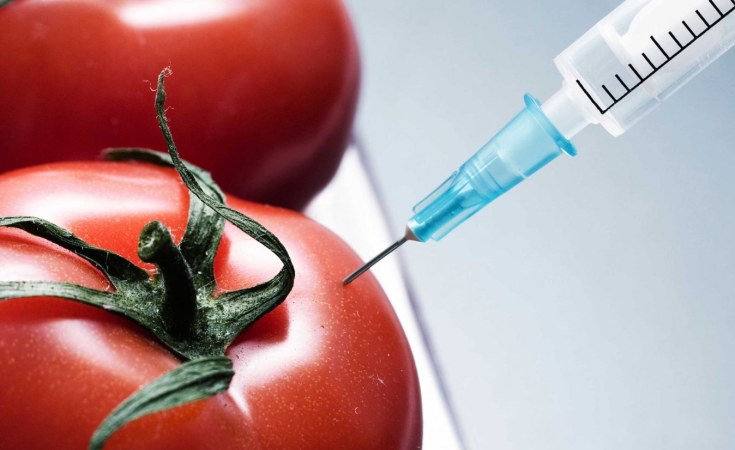The Kenyan government's move to import Genetically Modified Organisms (GMOs) for human consumption has faced a setback as the appellate court ruled the move is contrary to the public interest. The appellate court declined the government's appeal until the interests of the public are heard.
On Thursday, May 25, 2023, a panel of three appellate judges, including Justice Mohammed Warsame, Ali Aroni, and John Mativo, stated the application by Kenya's Attorney General Justin Muturi "lacked merit," adding that "the public interest test was not met," according to local media.
The use of GMOs has been controversial in many African nations, including Kenya. Critics argue that GMOs could potentially pose risks to human health and the environment. While Kenya faces legal hurdles in its attempt to import GMOs, Ethiopia takes a proactive approach to GMO adoption by testing genetically modified crops. However, concerns remain over the potential health and environmental risks of GMO products, both in Kenya and Ethiopia.
Ethiopia has seen little opposition to GMO adoption due to the lack of strong consumer protection activity in the country. Meanwhile, the ongoing legal battle in Kenya highlights the divide between the pro-GMO government and anti-GMO opposition groups who argue that the government did not consult the public and that GMO products pose health risks.
In October 2022, the new administration of William Ruto reversed the Kenyan government's ten-year ban on consumable GMOs, but the Kenyan high court ruled against the decision a month later. The government appealed, and the appeals court upheld the high court's verdict in favor of GMO opposition groups in Kenya.
"We see nothing for the court to preserve and it cannot be said that the substratum of the appeal will be eroded," ruled the appellate court in Kenya.
The Kenyan High Court is also hearing another case filed by the Kenyan Peasant League, a representing body of a social movement. The League opposes the government's decision to impose GMOs, arguing that allowing their cultivation and consumption is unlawful and that the government did not consult the public. Furthermore, the League asserts that GMO products pose health risks.
As a result of the ongoing case, the Kenyan government is prohibited from importing or distributing GMO crops and food until a final verdict is reached. If the Kenyan Peasants League wins the case, the Kenyan government may be permanently banned from importing GMOs.
The Kenyan government has argued that adopting biotechnology and using GMOs will significantly help to resolve Kenya's food security challenges and boost the supply of animal feed. The debate between the pro-GMO Kenyan government and the anti-GMO community in Kenya follows similar lines of argument to those in Ethiopia.
In a stark contrast to Kenya, the Ethiopian government is currently testing the adoption of consumable GMOs without opposition. The government is testing GMO maize, wheat, potato, and enset in confined areas within different agricultural research centers, according to an official at the Ethiopian Institute of Agricultural Research (EIAR).
The official, who leads teams of researchers working on GMO adoption, spoke about the progress at an agricultural expo held for weeks at the science museum. However, the official requested not to be quoted as he is not authorized to speak publicly.
"The adoption of these GMOs is necessary to fight diseases and increase productivity in these crops. Once proven in confined testing areas, they will be released to farmers. However, authorization from the biosafety regulators at the Environment, Forest and Climate Change Commission is required," said the official.
So far, Ethiopia has authorized commercial purposes only for cotton, and commercial authorization for local cultivation of wheat, maize, potato, and enset is expected. However, experts have concluded that GMO products are already being imported and consumed in Ethiopia, both intentionally and unintentionally.
The lack of controlling mechanisms to test GMO and non-GMO commodities upon importation contributes to this unintentional consumption, and there is evidence of GMO items being smuggled into Ethiopia through border areas, mainly from Sudan.
Ethiopia adopted the arguable GMO proclamation in 2015, changing Ethiopia's strict position for the first time. While the government proposes that GMOs can solve the country's food security challenge, there has been little opposition.


